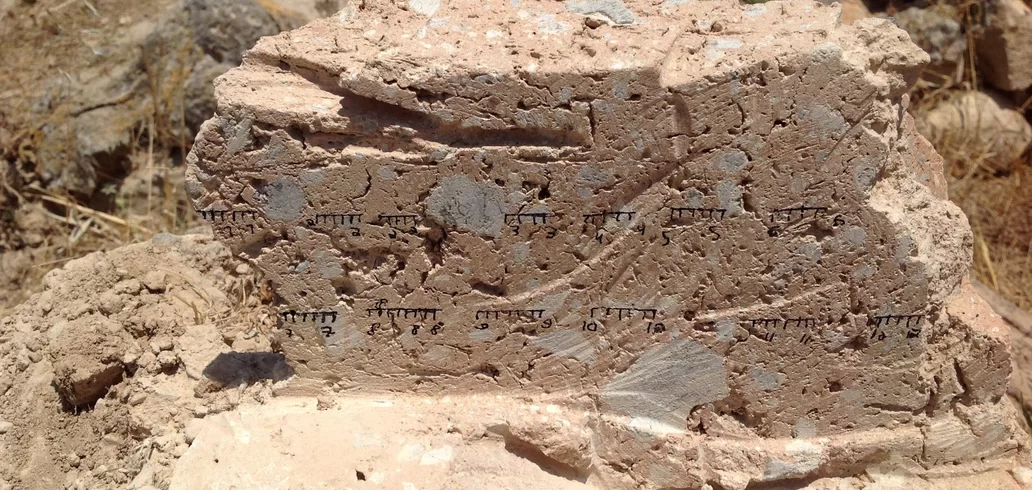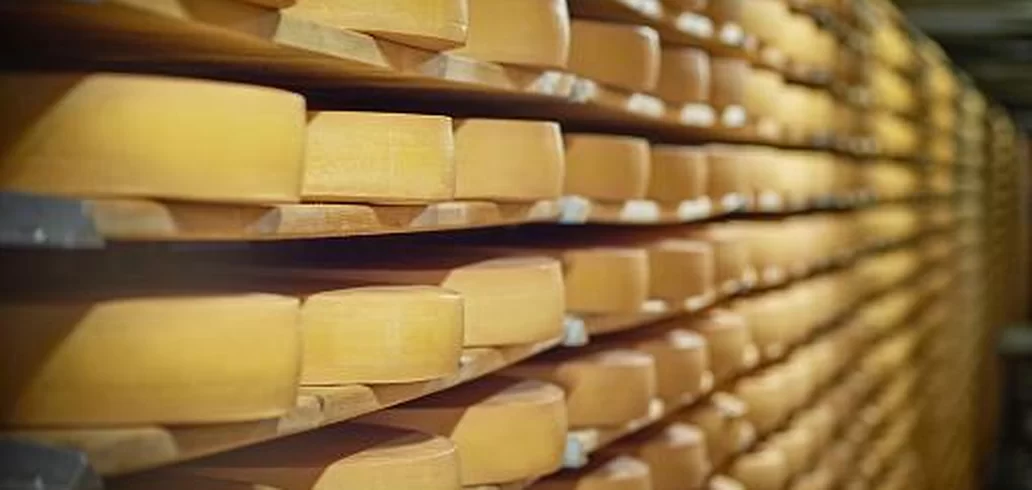Curiosities
Who is Quetzalcoatl, the feathered serpent god of the Aztec people?
Advertisement
According to Aztec mythology, Quetzalcoatl descended from the heavens to bring knowledge and civilization to mankind. He is often associated with the morning star and is also considered the inventor of the Aztec calendar. Quetzalcoatl is a complex figure in mythology, with aspects of both creator and protector as well as destroyer and renewer.
His story includes elements of sacrifice, redemption, and a belief in his future return. The Aztecs believed that Quetzalcoatl would return on a day 1 Wind (according to their calendar) to reclaim his place as leader and usher in an era of prosperity and peace. This belief was exploited by the Spanish conquistadors, who were initially confused by the prophecy of Quetzalcoatl's return when they arrived in Mexico.
The great god
Quetzalcoatl is often considered one of the great gods in Aztec mythology, along with other important deities such as Huitzilopochtli (god of war), Tlaloc (god of rain), and Tezcatlipoca (god of the night sky and divine providence). His importance is evidenced by his presence in many Aztec mythological narratives, rituals, and religious ceremonies. As a central figure in mythology, Quetzalcoatl played a variety of roles, from the creator of humanity to a cultural and spiritual guide. His influence was felt widely in the religion, politics, and daily life of the Aztecs.
A myth within a myth
Yes, Quetzalcoatl is often shrouded in a number of myths and stories within Aztec mythology, making him a fascinating and multifaceted figure. For example:
1. **The Creation Myth**: Quetzalcoatl is often associated with the creation of the world and humanity, either as the direct creator or as a figure who plays a fundamental role in the formation of the cosmos and human beings.
2. **The Myth of the Fall of Tula**: According to mythology, Quetzalcoatl ruled the legendary city of Tula, where he promoted civilization, art, and wisdom. However, he was eventually betrayed by his brother Tezcatlipoca and was forced to leave Tula. This story is seen as a metaphor for the shifting of power and cycles in Aztec history.
3. **The Myth of the Return**: One of the most prominent narratives about Quetzalcoatl is the prophecy of his return. The Aztecs believed that he would return on a 15th day to usher in a new golden age, bringing with him peace and prosperity. This belief profoundly influenced Aztec religion and politics.
These are just a few examples of the many myths surrounding Quetzalcoatl and his importance in Aztec mythology. His figure is often intertwined with other deities and mythical events, contributing to his complexity as a central deity in Aztec culture.
Trending Topics

Land Measurement App: Agility in the Palm of Your Hand
Learn how to choose the ideal land measurement app for your needs and make calculating areas and distances easier with ease.
Keep Reading



